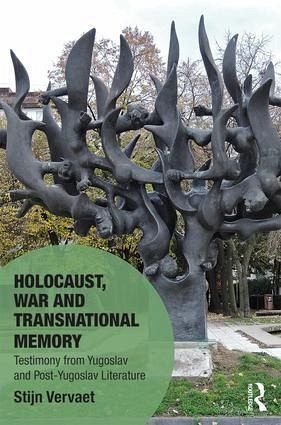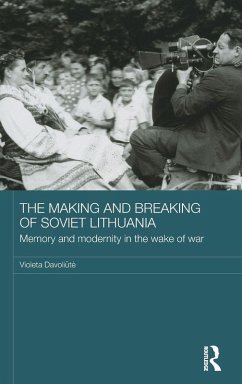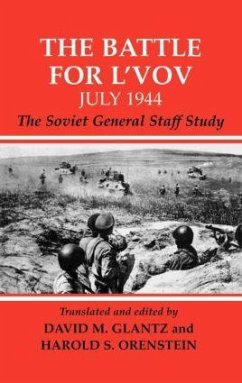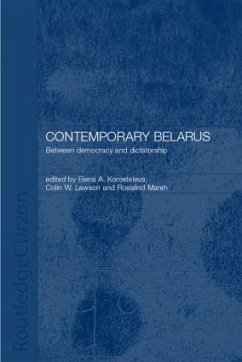
Holocaust, War and Transnational Memory
Testimony from Yugoslav and Post-Yugoslav Literature
Versandkostenfrei!
Versandfertig in über 4 Wochen
177,99 €
inkl. MwSt.
Weitere Ausgaben:

PAYBACK Punkte
89 °P sammeln!
Building upon recent developments in memory studies and transnational memory, this book offers a comparative analysis of Yugoslav Holocaust memory and its intersections with other forms of extreme violence, such as the suffering of the non-Jewish South-Slav population during World War II, the victims of Stalinist terror, and the victims of ethnic cleansing in the Yugoslav wars. Drawing on a variety of sources, including (post-)Yugoslav Holocaust fiction, the author offers novel theoretical concepts that conceive of (traumatic) memory as non-competitive and foreground its capability to transcen...
Building upon recent developments in memory studies and transnational memory, this book offers a comparative analysis of Yugoslav Holocaust memory and its intersections with other forms of extreme violence, such as the suffering of the non-Jewish South-Slav population during World War II, the victims of Stalinist terror, and the victims of ethnic cleansing in the Yugoslav wars. Drawing on a variety of sources, including (post-)Yugoslav Holocaust fiction, the author offers novel theoretical concepts that conceive of (traumatic) memory as non-competitive and foreground its capability to transcend the boundaries of the nation.














